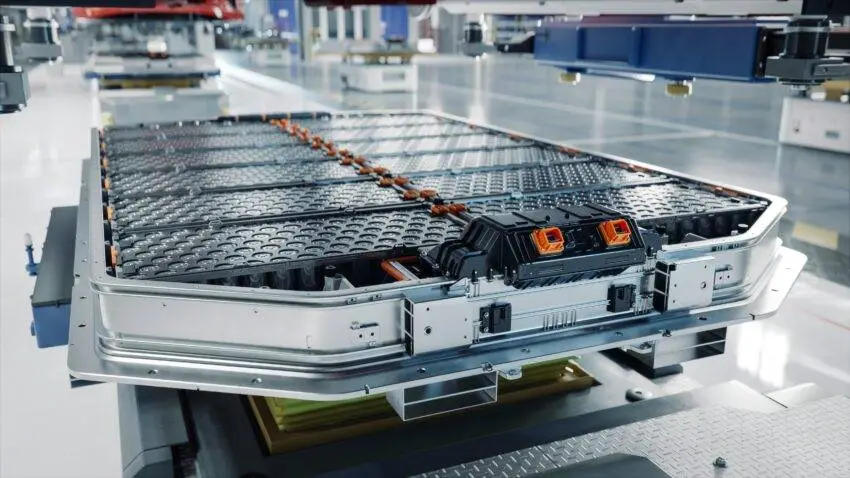A remarkable breakthrough in solid-state battery technology by TDK could revolutionise the electric vehicle (EV) market.
This innovation promises significant improvements in energy density, potentially easing the common concern of range anxiety for EV drivers.
Significant Increase in Energy Density
TDK, historically known for its cassette tapes, has developed a solid-state battery with an energy density 100 times greater than its previous designs.
Initially targeted for smaller devices, such as earphones and hearing aids, the technology holds potential for scaling up to power electric vehicles.
The new solid-state batteries offer higher output, significantly extending the driving range before a recharge is necessary.
Comparative Advantages Over Lithium-Ion Batteries
Current lithium-ion batteries in most EVs offer a range up to 500km (approximately 310 miles).
In comparison, TDK’s solid-state batteries could provide a range of up to 1,500km (930 miles), substantially improving the current standards.
This advancement could address one of the main concerns for potential EV buyers—range anxiety.
Developed using a proprietary ceramic material, the new battery boasts an energy density of 1,000 watt-hours per litre (wh/l), compared to 700 wh/l of top-performing lithium-ion batteries.
Enhanced Safety and Efficiency
Solid-state batteries offer increased safety due to the absence of liquid electrolytes.
They also promise shorter charging times, further improving convenience for users.
Higher safety and efficiency make these batteries an attractive option for future EVs.
Industry Perspectives and Challenges
Noboru Saito, TDK’s CEO, stated, “We believe that our newly developed material for solid-state batteries can make a significant contribution to the energy transformation of society.”
The batteries use an oxide-based solid ceramic electrolyte and lithium alloy anodes.
However, technical challenges remain, such as maintaining contact between components and ensuring functionality under pressure.
Interim Solutions and Market Predictions
Semi-solid-state batteries have emerged as an interim solution, with Chinese carmaker Nio using them in its ET7 saloon, boasting a range of 1,000km.
Consultancy firm Rho Motion suggests solid-state batteries might not penetrate the mass market until 2035 due to high production costs.
Currently, a typical EV battery accounts for about a third of the vehicle’s cost, but this figure rises to 50% for the semi-solid Nio.
Iola Hughes of Rho Motion commented, “The solid-state arena has been an important one in the battery industry for some time, but there has been a consistent theme of delays and missed targets. What we are starting to see now are incremental changes. But cost and scaling are the big obstacles.”
Future Potential and Application
The brittleness of solid electrolyte and poor performance in low temperatures pose further challenges.
Despite these issues, solid-state batteries might become a popular solution for electric-powered heavy trucks, which currently struggle with lithium-ion technology.
This breakthrough represents a significant step forward in battery technology, potentially revolutionising the EV market and contributing to broader energy transformation efforts.
TDK’s innovation in solid-state battery technology could be a game-changer for the electric vehicle industry.
By addressing range, safety, and efficiency concerns, this breakthrough may accelerate the adoption of EVs globally.


